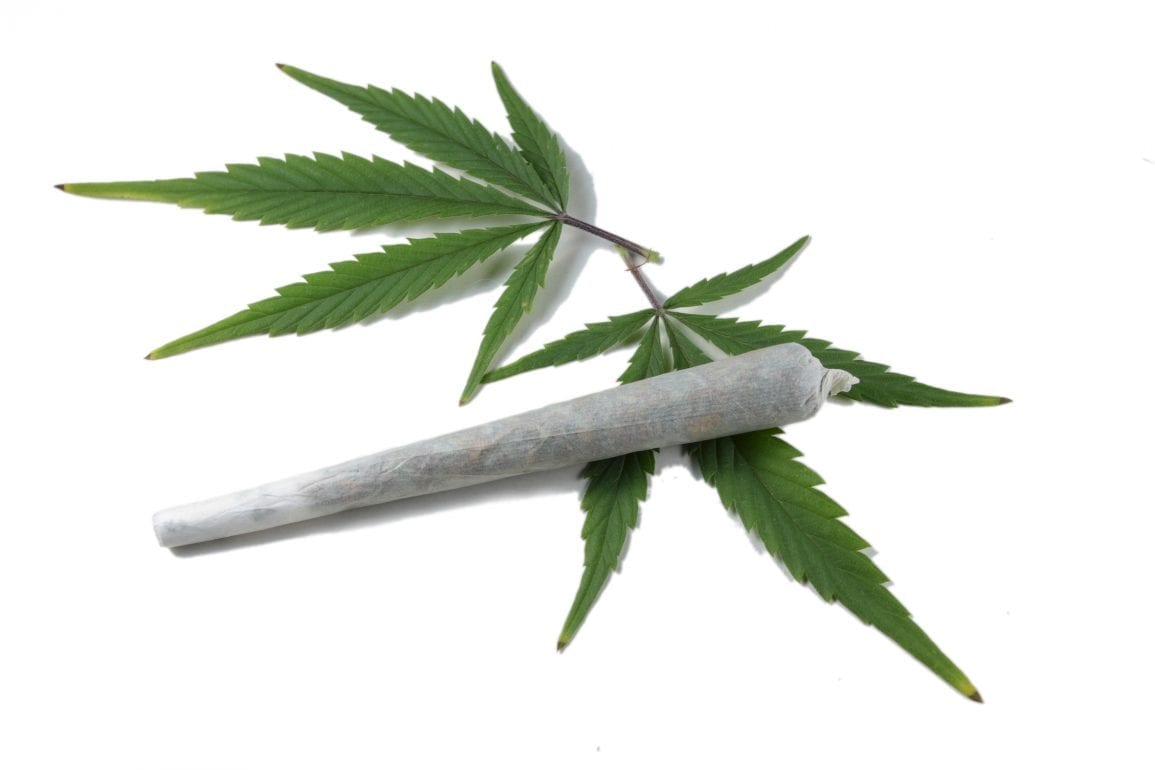RIO DE JANEIRO, BRAZIL – Marijuana is the most consumed illicit substance in Brazil, according to a 2015 research study. Data from the 3rd National Survey on Drug Use by the Brazilian Population, released by the Oswaldo Cruz Foundation (FIOCRUZ), show that 7.7 percent of Brazilians between 12 and 65 years old have used marijuana at least once in their lives. The second most used drug in the country is cocaine (3.1 percent).

The survey that interviewed around 17,000 people between the ages of twelve and 65, throughout Brazil, between May and October 2015, is pointed out as one of the most comprehensive due to its scope. Researchers also emphasized alarming numbers related to the use of crack.
According to the research estimate by sampling, approximately 1.4 million people will have used crack and similar substances sometime in their lives, representing 0.9 percent of the population. In this regard, the survey shows a marked difference between men (1.4 percent) and women (0.4 percent). In the 12 months before the survey, the use of this drug was reported by 0.3 percent of the population.
Medication
Researchers also pointed out the use of opioid painkillers and benzodiazepine tranquilizers. In the thirty days before the research, these drugs were used without a prescription, or differently from that recommended by medical prescription, by 0.6 percent and 0.4 percent of the Brazilian population, respectively.
Tobacco cutback
Fiocruz’s research coordinator, Inácio Bastos, pointed out a reduction in smoking, as noted in the survey. “Other research has shown that there is a decline in the use of conventional cigarettes. On the other hand, they have drawn attention to emerging smoking alternatives, with the increase of devices such as electronic cigarettes and vapes,” Bastos said.
Survey
The study relied on the partnership of several other institutions, such as the Brazilian Institute of Geography and Statistics (IBGE), the National Cancer Institute (INCA), and Princeton University, in the USA.

